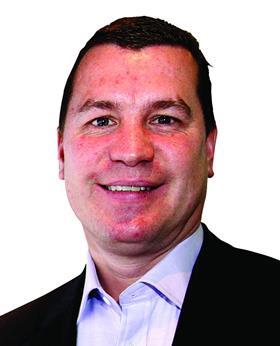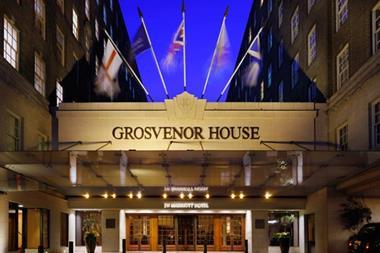UK hotel investment transactions hit an eight-year high in 2014, with £4.3bn of deals done - a 90% increase on 2013.

Although this needs to be taken in context and matches an upward trend for total commercial property investment volumes, the figures are worthy of closer inspection. Why are investors increasingly keen on hotels as an asset class? And what can we expect to see in 2015?
Put simply, I think it is the emergence of hotels as a better-packaged and presented real estate proposition. Whereas even 10 years ago, there was a degree of ‘caveat emptor’ when it came to hotels and they were on the ‘alternative assets’ shelf, now sellers can provide detailed data, evidence ROCE (return on capital employed), and demonstrate future earnings potential.
At Premier Inn, we have been at the vanguard, driving change and importing disciplines from the office and retail sectors into leisure property. We formalised our product into an institutional investment and we created leases with clear value. We have also done a great deal to clarify and separate out the bricks and mortar from the operating business, which is important and avoids any muddying of the waters between income streams. This has enabled us and our development partners to really understand the product. The result is a highly tradable investment that has added another appealing choice for fund managers looking for a secure and strong-performing home for their money.
But don’t get me wrong - the surging investment in hotels isn’t all down to novelty value. In many cases, hotel investment propositions stack up because they display the vital fundamentals: attractive lease terms, strong covenants, right locations and well-maintained assets. That’s certainly what we believe in and the fact we can put a FTSE Top 50 business covenant (Whitbread) on the table is massively reassuring to investment partners.
Something I think is making hotels increasingly attractive is the divergence in lease terms. Hotels typically offer 25-year or even 30-year leases with index-linked rent reviews (CPI in our case), whereas office leases have shortened considerably, are frequently now 10 years with a break at five and are also complicated by packages of incentives and rent-free periods. These differences matter to investors evaluating options for longer money and, I believe, are helping hotel investments to appeal to funds and institutional investors.
Will there continue to be a wall of money chasing suitable product and stock in 2015? I think so, despite the number of significant global economic risks within the Eurozone and wider geopolitics. For now, demand from UK and international money exceeds supply.
I joined Premier Inn nine years ago and, in that time, hotels have substantially evolved as an asset class. This year, we will do investment deals where they can deliver best value and assist our overall growth plans. More widely, I expect transaction levels to remain high.
There’s nothing sleepy about the hotel investment sector - get ready for another lively year!
Mark Anderson is managing director of property, commercial and Premier Inn Germany at Whitbread Hotels & Restaurants





























No comments yet